What Are Antioxidants and Why Are They Important for Your Health?
Sep 22, 2025
Introduction
You’ve probably come across the word “antioxidants” while reading nutrition articles, scrolling health blogs, or checking the labels of “superfood” juices and supplements. But what are antioxidants really? Are they just a buzzword, or do they play a real role in keeping you healthy?
The truth is: antioxidants are essential for your survival. They act like your body’s internal bodyguards, protecting your cells from damage and keeping chronic diseases at bay. Let’s decode them in simple, jargon-free language so you know exactly why they matter.
What Are Antioxidants?
Antioxidants are natural compounds that protect your cells from harmful molecules called free radicals. Free radicals are unstable molecules that attack healthy cells, much like rust slowly damages iron. If they’re not controlled, they can cause oxidative stress, leading to aging, heart disease, diabetes, cancer, and even brain disorders.
-
Free Radicals = Cell Damagers
-
Antioxidants = Cell Protectors
Your body does produce some antioxidants naturally, but that’s not enough. You also need to consume them through a balanced, antioxidant-rich diet.
How Do Antioxidants Work in the Body?
To understand their importance, let’s take a simple example:
Imagine your body as a busy city. Free radicals are like reckless drivers creating accidents everywhere. Antioxidants are the traffic police, stopping the accidents and keeping the city running smoothly.
On a cellular level:
-
Free radicals “steal” electrons from healthy cells.
-
Antioxidants donate electrons, neutralizing the radicals.
-
This prevents DNA damage, inflammation, and chronic diseases.
Without antioxidants, free radicals multiply and cause chaos inside your body.
Why Are Antioxidants Important for Health?
Here are the key benefits of antioxidants backed by research:
-
Disease Protection – Reduce the risk of heart disease, stroke, diabetes, and cancer.
-
Boost Immunity – Vitamin C and E help your body fight infections.
-
Healthy Aging – Slow down wrinkles, memory decline, and energy loss.
-
Skin Protection – Fight UV damage and pollution, keeping your skin glowing.
-
Brain Health – Protect against Alzheimer’s and Parkinson’s.
-
Better Heart Function – Prevent cholesterol buildup in arteries.
-
Improved Metabolism – Reduce inflammation and support weight management.
Types of Antioxidants (Key Players)
There are hundreds of antioxidants, but these are the most studied:
-
Vitamin A (Beta-carotene, Retinol): Good for eyes, immunity, skin.
-
Vitamin C (Ascorbic Acid): Powerful immune booster, heals tissues.
-
Vitamin E (Tocopherol): Protects cells, excellent for skin.
-
Selenium: Vital mineral that works with enzymes to fight oxidative stress.
-
Polyphenols & Flavonoids: Found in tea, cocoa, berries; improve heart and brain health.
-
Lycopene: Present in tomatoes and watermelon; protects against prostate and heart disease.
-
Carotenoids: Pigments in colorful fruits/vegetables; support vision and skin.
Antioxidant-Rich Foods You Should Eat Daily
Nature has packed antioxidants into many everyday foods. Some of the best include:
-
Berries (blueberries, strawberries, raspberries): High in Vitamin C & anthocyanins.
-
Dark Chocolate (70%+ cocoa): Rich in flavonoids.
-
Nuts & Seeds (almonds, sunflower seeds, flaxseeds, walnuts): Good source of Vitamin E & selenium.
-
Leafy Greens (spinach, kale, broccoli): Loaded with vitamins A, C, K, and minerals.
-
Citrus Fruits (oranges, lemons, grapefruit): Vitamin C powerhouse.
-
Green Tea & Herbal Teas: Full of catechins and polyphenols.
-
Tomatoes & Watermelon: Excellent source of lycopene.
-
Legumes (beans, lentils, chickpeas): Packed with polyphenols and fiber.
-
Whole Grains (oats, brown rice, quinoa): High in fiber and antioxidants.
-
Fatty Fish (salmon, tuna, mackerel): Omega-3 + selenium combo.
Pro Tip: Eat a “rainbow diet” (different colors of fruits & veggies daily) to ensure you get a variety of antioxidants.
Antioxidants for Skin Health
Many skincare brands advertise “antioxidant serums,” but your real skin glow comes from diet.
-
Vitamin E prevents premature aging.
-
Vitamin C boosts collagen and reduces wrinkles.
-
Beta-carotene protects against sun damage.
Together, they keep your skin youthful, radiant, and damage-free.
Antioxidants and Aging
Free radical damage is a key driver of aging. Studies show that diets rich in antioxidants:
-
Slow down wrinkles and fine lines.
-
Support memory and brain function.
-
Boost energy levels.
Antioxidants don’t stop aging—but they help you age gracefully.
Natural vs. Synthetic Antioxidants
-
Natural Antioxidants (Best Choice): Found in fresh fruits, vegetables, nuts, teas, whole foods.
-
Synthetic Antioxidants: Added to supplements or processed foods; may not provide the same benefits and could even be harmful in high doses.
Harvard Health and NIH both emphasize: “Food-based antioxidants are safer and more effective than pills.”
Antioxidants and Disease Prevention
-
Heart Disease: Antioxidants prevent oxidation of LDL (“bad”) cholesterol, keeping arteries clear.
-
Diabetes: Polyphenols improve insulin sensitivity and blood sugar control.
-
Cancer: By protecting DNA from damage, antioxidants lower cancer risk.
-
Brain Disorders: They reduce oxidative stress in brain cells, slowing Alzheimer’s and Parkinson’s progression.
A Day-to-Day Antioxidant-Rich Meal Plan
Here’s how you can naturally increase antioxidants:
-
Breakfast: Oatmeal with blueberries and walnuts + green tea.
-
Snack: Apple slices with almond butter.
-
Lunch: Quinoa salad with spinach, tomatoes, and chickpeas.
-
Evening Snack: Dark chocolate (70% cocoa) with green tea.
-
Dinner: Grilled salmon with broccoli and brown rice.
-
Before Bed: Chamomile or herbal tea.
Antioxidant Supplements: Do You Need Them?
Supplements exist, but most experts (like Mayo Clinic and NIH) agree that natural foods are the best source. Overuse of supplements may:
-
Increase risk of certain cancers.
-
Cause vitamin toxicity.
-
Disturb the body’s natural balance.
Rule of thumb: Eat antioxidants, don’t pop them.
Key Facts
-
WHO: Diets rich in fruits & vegetables reduce chronic disease risk by 30%.
-
Harvard Health: Antioxidants like Vitamin C and E protect against heart disease and cancer.
-
NIH: Oxidative stress accelerates aging and disease progression.
-
Mayo Clinic: Antioxidant-rich diets are directly linked to longer lifespan.
Conclusion
Antioxidants are not just another nutrition trend. They are essential for life, keeping your cells safe from damage and your body strong against chronic illnesses. Instead of supplements, focus on natural, colorful foods to maximize your antioxidant intake.
Remember: Antioxidants = Health, Longevity, and Protection.
FAQ's
What are antioxidants in simple words?
They are natural substances that protect your body’s cells from damage caused by free radicals.
Why are antioxidants important for health?
They prevent diseases, slow aging, boost immunity, and protect your skin, brain, and heart.
Which foods are rich in antioxidants?
Berries, nuts, seeds, green tea, dark chocolate, leafy greens, and citrus fruits.
Do antioxidants prevent cancer?
They reduce DNA damage and lower cancer risk, but they are not a cure.
Are antioxidant supplements safe?
Food sources are safer. Overuse of supplements can be harmful.
How do antioxidants work in the body?
They neutralize free radicals and prevent oxidative stress.
Can antioxidants improve skin health?
Yes. Vitamins C and E, plus carotenoids, reduce wrinkles and sun damage.
Do antioxidants help with weight loss?
They support metabolism and reduce inflammation, which helps in weight control.
Can children and elderly people take antioxidants?
Yes, through natural foods. They are safe and beneficial for all age groups.
What happens if you don’t get enough antioxidants?
You may experience faster aging, low immunity, and higher risk of diseases.



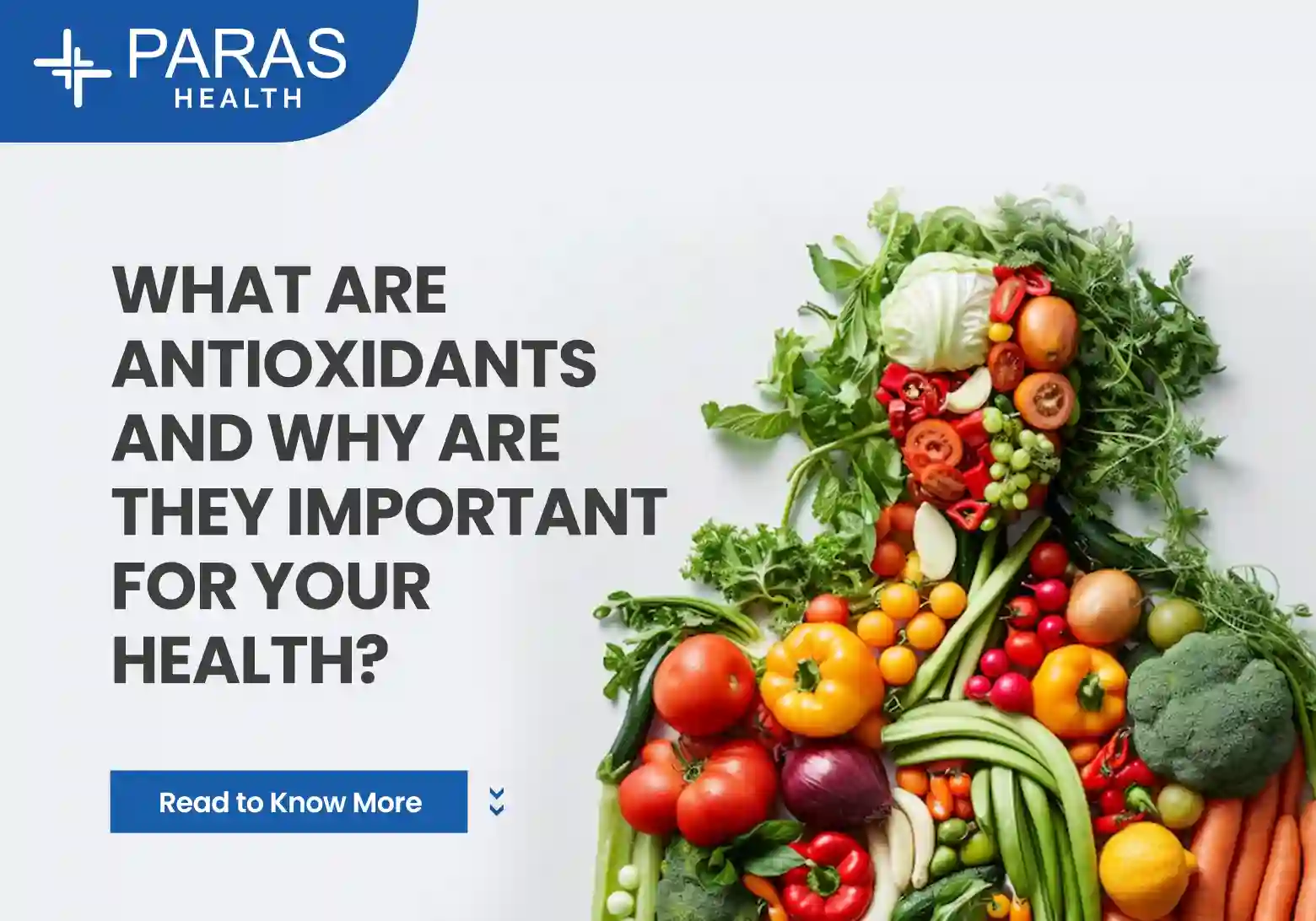
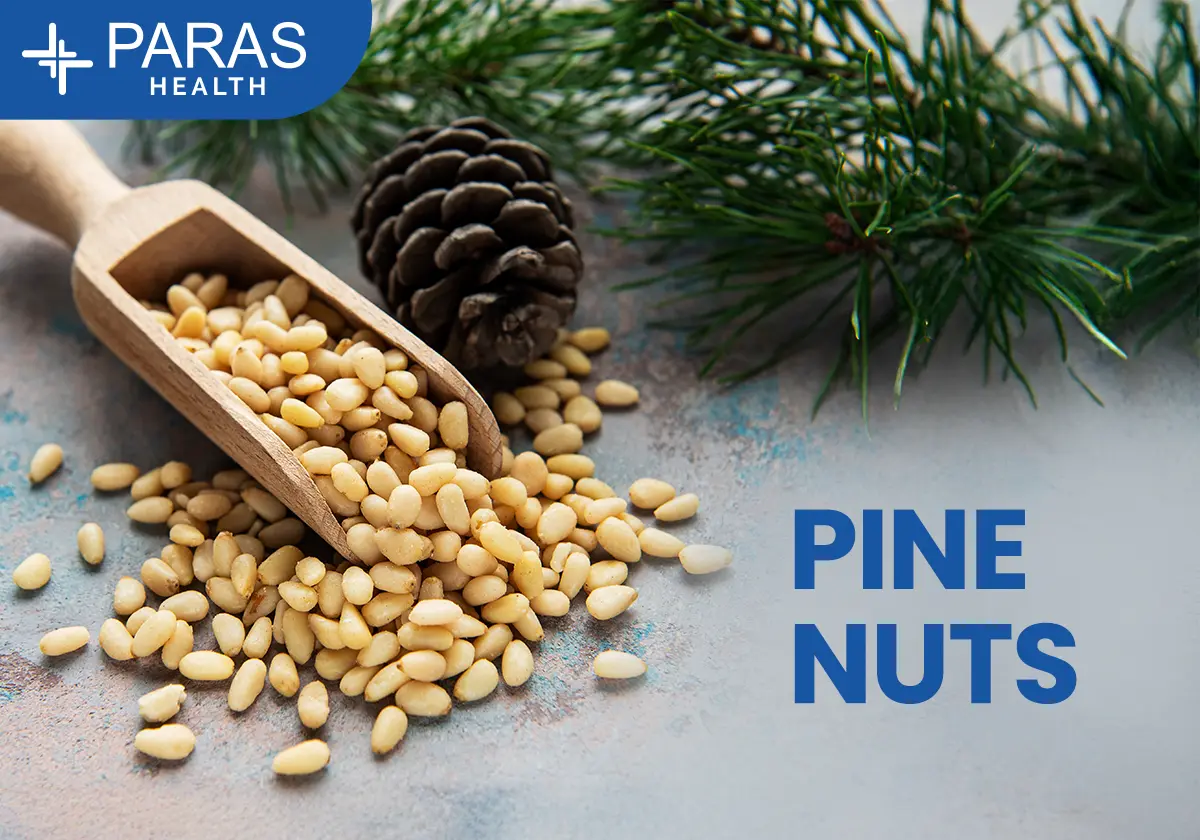
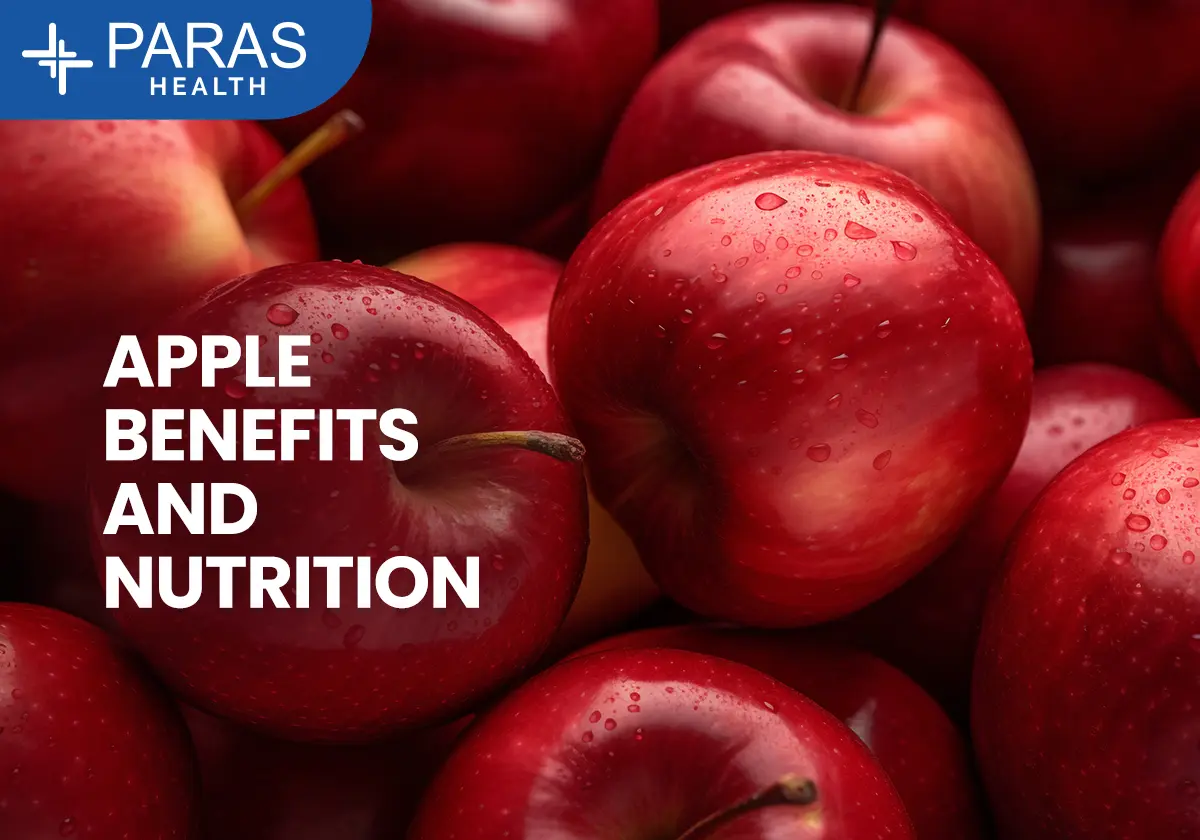
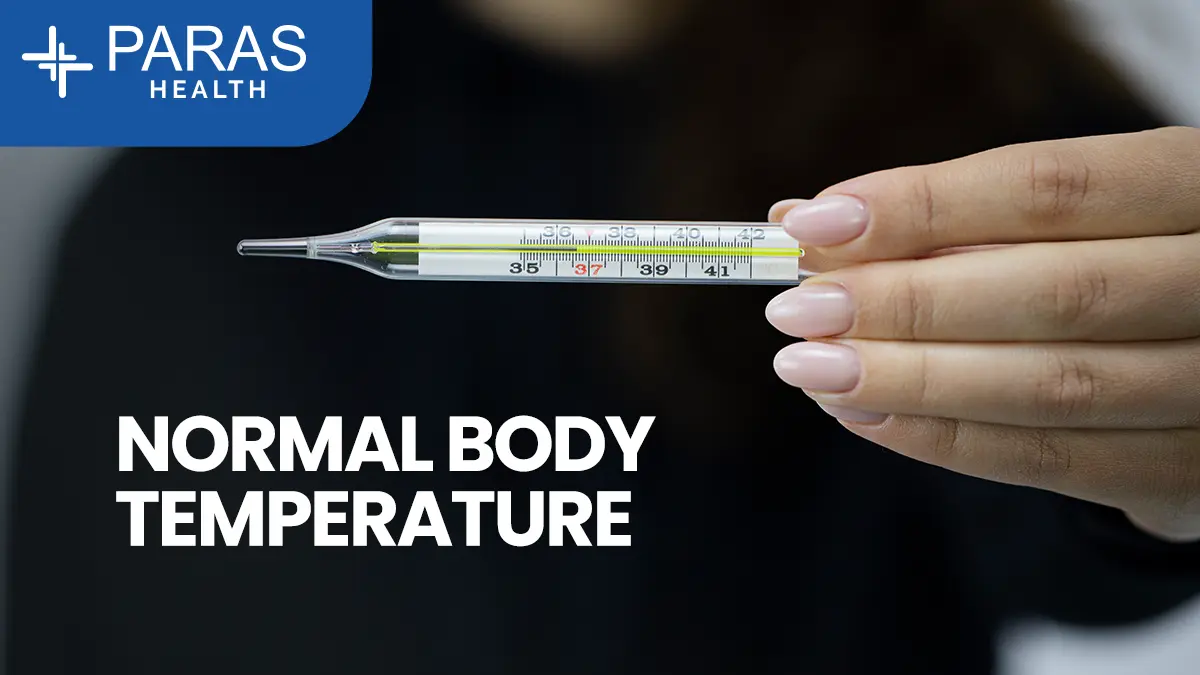
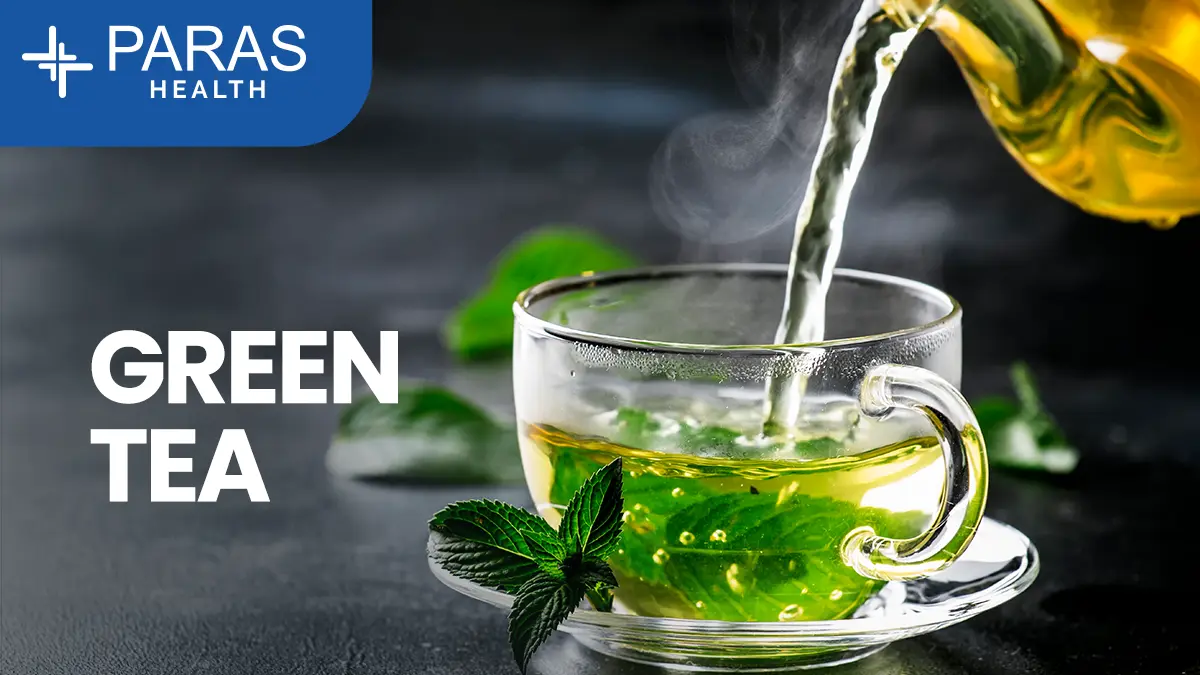
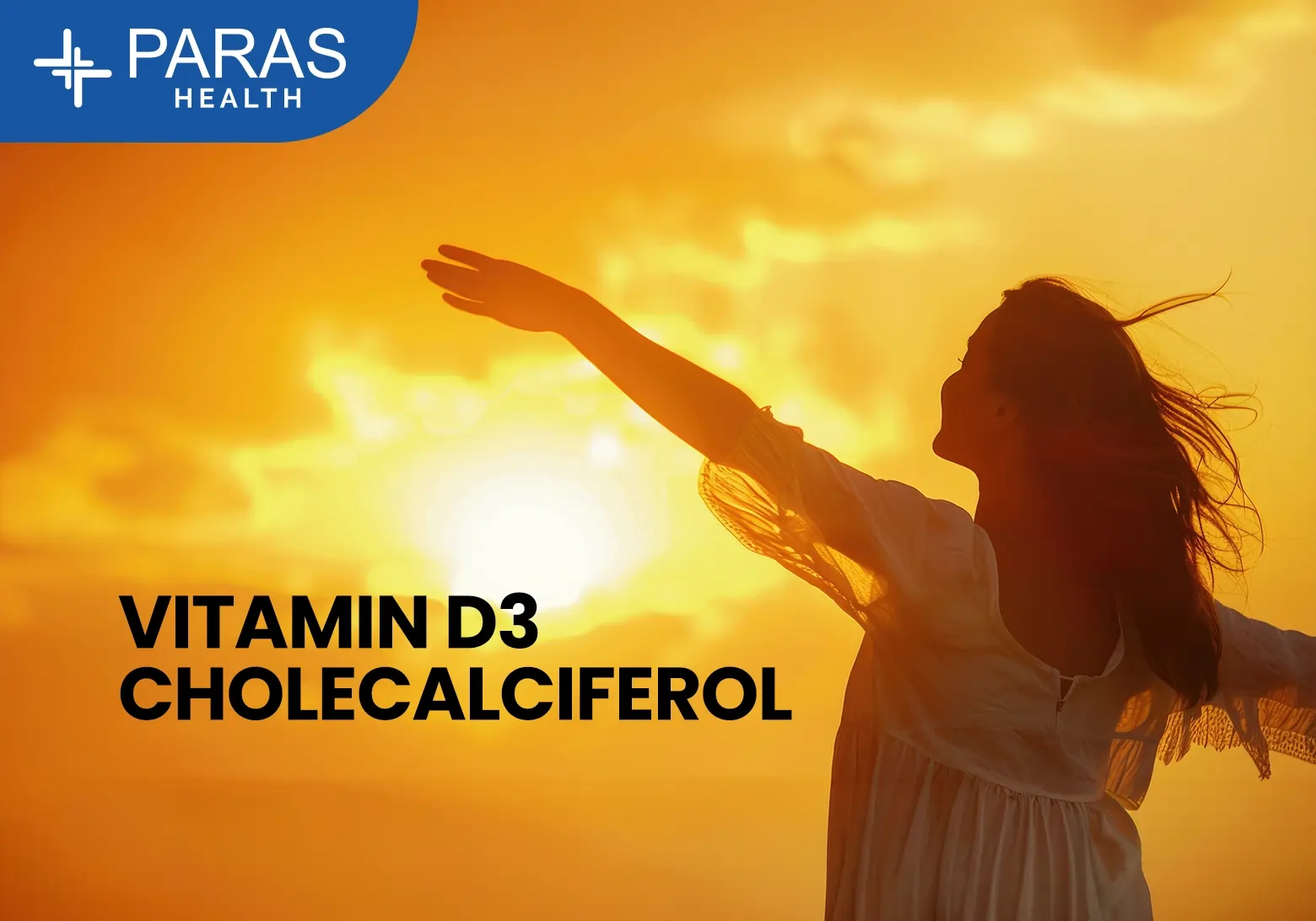
 (1).webp)
